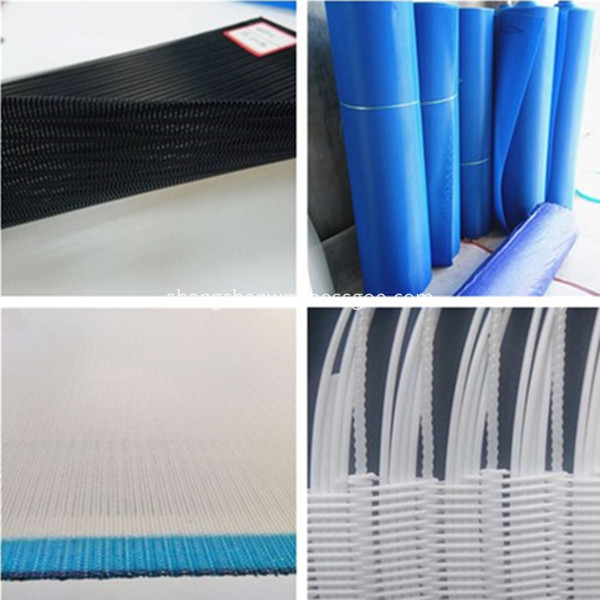Vitamin E as an antioxidant is widely used in feed production. In recent years, a large number of research results at home and abroad have shown that vitamin E plays an important role in maintaining the humoral and cellular immune responses of livestock and poultry.
Mechanism of action The mechanism by which vitamin E enhances the immune performance of livestock and poultry is mainly antioxidant. It protects the cell membrane and organelle membrane from oxidative destruction, maintains the integrity and stability of cells and organelles, and enables normal immunological responses after vaccination. Another important mechanism is that vitamin E can act as an immune regulator to modulate the synthesis of various components such as pro-growth hormone. The immunization experiments showed that the injection of vitamin E to prenatal sows can increase the level of colostrum immunoglobulin. Add 150 to 450 international units of vitamin E per kilogram to the breeder's diet. The chicks hatched from the breeder's eggs will inoculate Brucella abortus and produce more antibodies. At the same time as vaccination with Newcastle disease vaccine, adding 300 mg of vitamin E per kilogram of feed, the chicks can produce more Newcastle disease antibodies, and can keep antibody titer above 10 days of age. Under modern intensive production conditions, sub-clinical symptoms of infectious diseases often occur in livestock and poultry, although they do not cause a high mortality rate, but the economic benefits are significantly reduced. When the animal's body defense system is stimulated, eating feed supplemented with high-dose vitamin E can effectively improve its function.
Appropriate dosage A number of scientific research institutions have summarized the optimal vitamin E requirement (per kilogram of feed) for pigs in China based on a large number of test results: pigs and piglets, 60 to 100 milligrams; medium and large pigs, 30 to 60 Mg; pregnant, lactating sows, 60-80 mg. Chickens, 20 to 60 mg; medium chickens, 20 to 30 mg; chickens, 30 to 50 mg; breeders, 40 to 80 mg; laying hens, 15 to 30 mg. If the fat content in the diet is higher than 3%, the amount of vitamin E added should be added at the recommended amount and at a ratio of 5 mg of vitamin E per 1% increase in fat.
Polyester Mesh
Polyester Mesh
Main products of polyester mesh: sludge dewatering mesh belt, paper forming net, papermaking dry net, wood-based panel pre-pressing mesh belt, wood slab heating belt, wood paving belt, belt filter press belt , vacuum belt conveyor belt, non-woven fabric curtain, food drying conveyor belt and other special polyester mesh belt, widely used in MDF production, power plant desulfurization, tailings dry discharge, sewage treatment, juice pressing and papermaking , food, tea, pharmaceutical and other industries.

Polyester Mesh,Quality Polyester Mesh,Durable Polyester Mesh,Useful Polyester Mesh
ANPING COUNTY SHANGCHEN WIREMESH PRODUCTS CO.,LTD , https://www.scfiltermesh.com